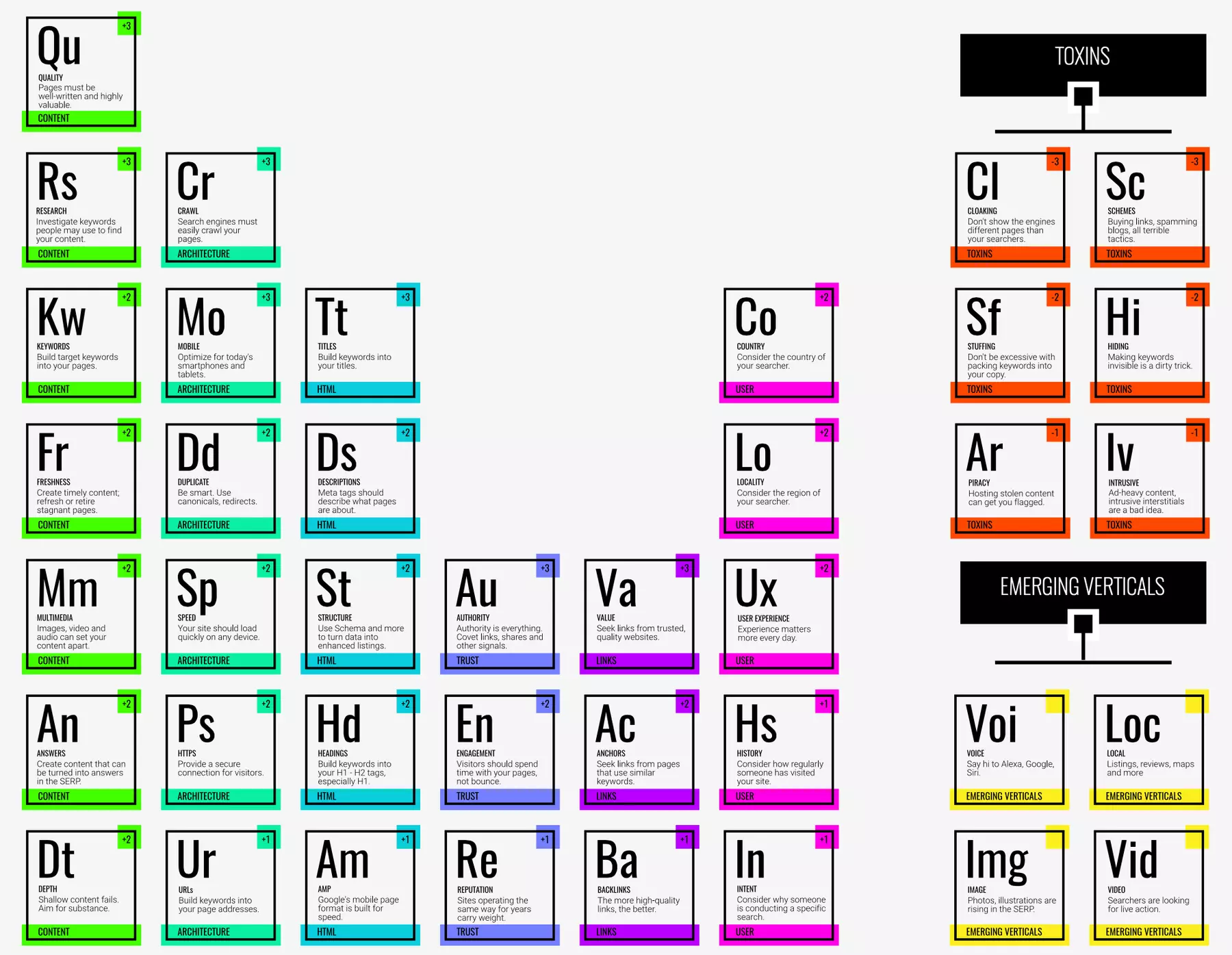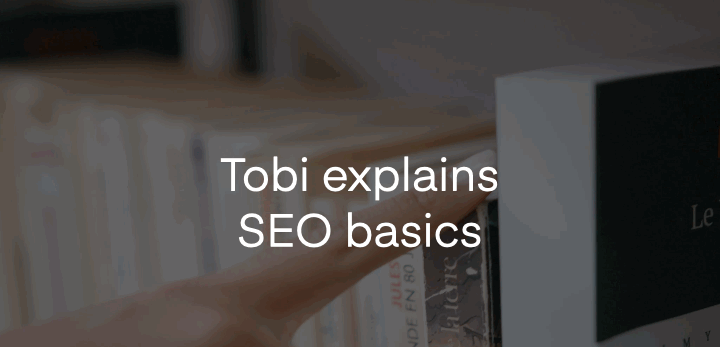Tobi explains - SEO basics
In the new knowledge format "Tobi explains" from 711media, Tobias Sandbothe will explain the most important terms from the online marketing sector. The focus is on B2B marketing, but there is also a lot of useful information for the B2C sector. In the first article in the series, we look at the basics of search engine optimization, or SEO for short. We will address the questions of what SEO is, how a search engine works and why keyword research is important.
You can find the video for this blog post here:
What is SEO?
Whether a website or store is found well in search engines depends on whether a good ranking is achieved within the search results. This can be achieved through search engine optimization, or SEO for short. But what exactly is SEO?
The term SEO comes from the English language and is an abbreviation for Search Engine Optimization. This includes all measures that serve to optimize a website so that it can be found better in search engines.
How does a search engine work?
If something is entered into the search bar of a search engine, such as Google, the search results pages are presented that answer the question asked. To do this, Google constantly looks at all the websites on the internet, evaluates the content and lists them.
The Google algorithm evaluates over 200 factors, although the exact number of factors is not published by Google. Detailed information on the most important factors for the Google algorithm can be found in the SEO periodic system.

Googlebot
The program that looks at all websites is called Googlebot. It calls up a website, attempts to classify the content and determines the relevance to certain search queries. It also evaluates how well your website is optimized compared to others.
It is important to know that there is not just one Googlebot. There is one bot that looks at the website from a desktop perspective and another that classifies the website from the perspective of cell phone users - the latter is now also the more important of the two. A third bot, which actually executes the website, is called a JavaScript bot.
While the first two bots only view and interpret the code of a website, the JavaScript bot actually executes the code of the website and checks whether the website changes as a result.

Indexing and ranking
Indexing is when the Googlebot looks at a website and determines that it actually exists. Googlebot then evaluates the content of the website and ranks it in comparison to all other content that it knows on this topic - this is called ranking.
The aim is to ensure that the most important content and therefore individual web pages can be indexed and, ideally, appear on the first page of the search results. Ideally, this would be the first place in the search engine results, but experience has shown that this is not easy to achieve.
In the B2B environment, SEO can be much easier when it comes to specific topics for which there is less competition. For example, there are probably fewer manufacturers of tunnel boring machines in the world than there are of sneakers. With good content for tunnel boring machines, it is therefore much easier for a website to rank in the top search engine positions than with good content for sneakers.
Another case where SEO becomes much more difficult is when you are in competition with large B2C brands: If you produce and sell cell phone cases for bulk buyers, you are in competition with all large B2C providers, who often have very large web stores with millions of links pointing to them.
Keyword research
Keyword research is the process of finding out what your target group types into Google in order to find a solution for which your offer is the right result. It is therefore essential to carry out keyword research before adapting existing texts or creating new texts.
By analysing the search terms that are relevant for your own website, you can better identify the wishes of your target group. This makes it possible to assess whether a text for a specific keyword is worthwhile.
An example: A text for a low-priced product that is only searched for ten times a month might not be worth the time and effort. However, if the product is a 5-axis processing machine that is worth half a million euros, it may make sense to provide content for keywords with a low search volume.
The Google Keyword Planner, which is part of the Google Ads account, or free websites such as AnswerThePublic, can help you find keywords or assess the relevance of certain keywords.
You now know what SEO is and how to find suitable keywords. In the next blog article, you will find out what the two measures OnPage and OffPage SEO are all about and exactly how they differ.
All articles in the new knowledge format "Tobi explains" can be found here:
